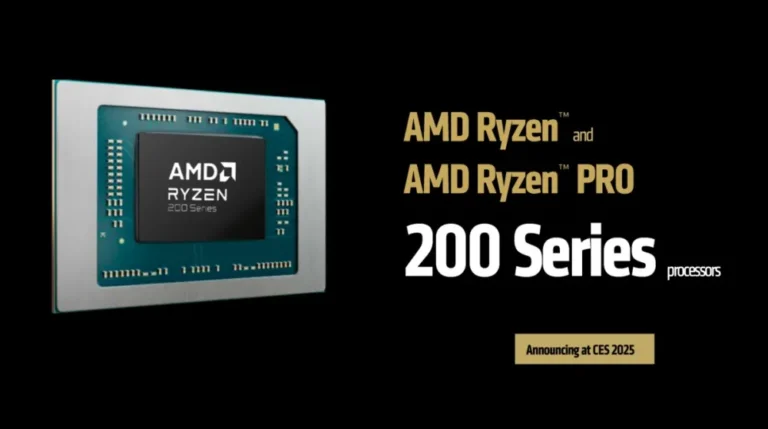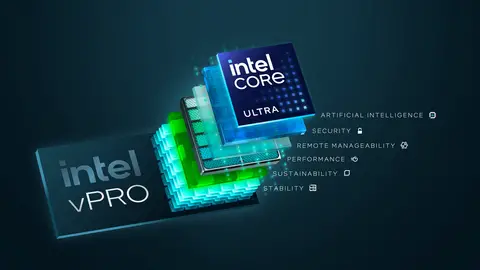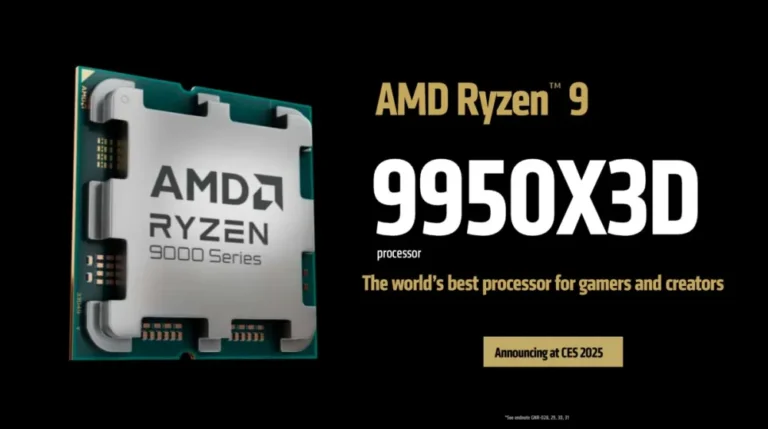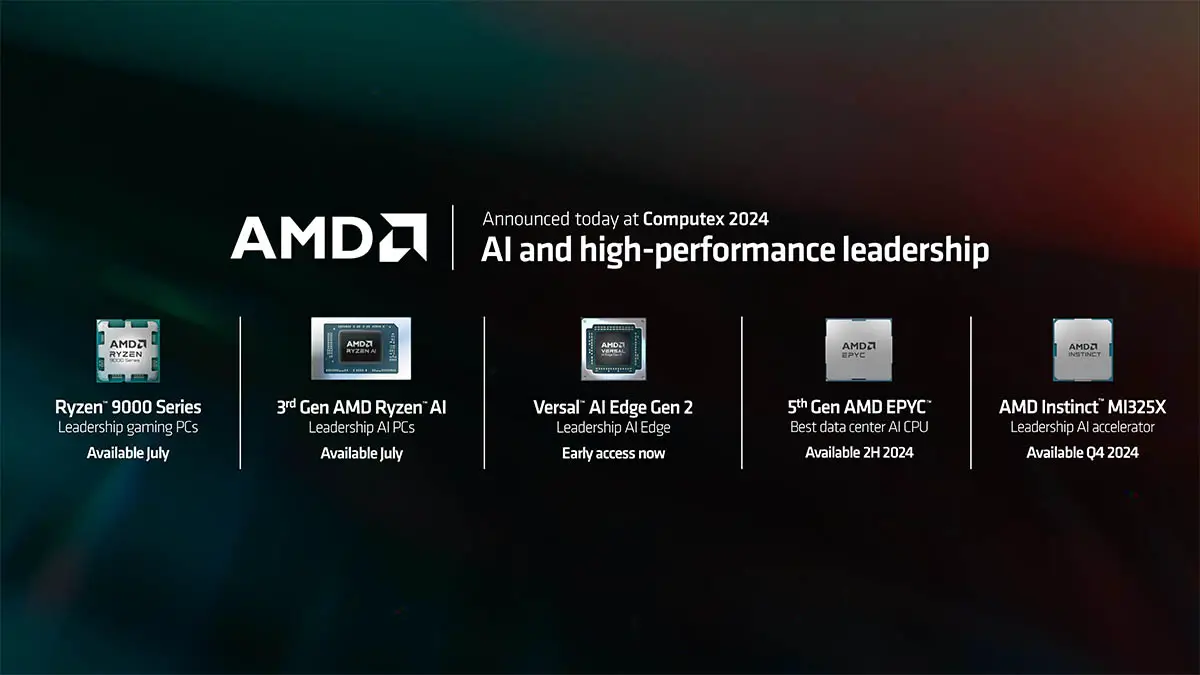
The Zen architecture represents a pivotal milestone for AMD, having revived the company from its nadir over the past seven years and continually propelled it upward. At COMPUTEX 2024, AMD announced the launch of its next-generation Zen 5 architecture, utilizing TSMC’s 4nm and 3nm nodes to advance its high-performance journey. AMD plans to employ the most advanced processes in each generation while incorporating innovative design techniques.
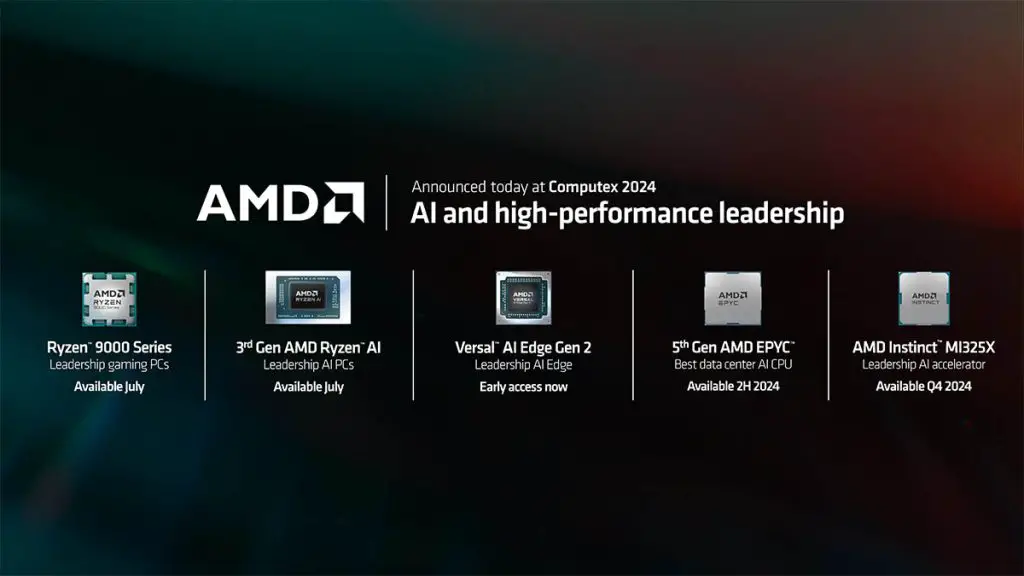
Forrest Norrod, AMD’s Executive Vice President, discussed AMD’s future strategies in an interview with The Next Platform. When asked about AMD’s perspective on Intel’s process and product roadmap, particularly the recently released Xeon 6 processors, Norrod praised Intel’s ambitious plans. He expressed confidence that Intel would follow its roadmap but noted that achieving its process technology and product targets within the timeline is another matter. To remain competitive, he believes the best strategy is to assume Intel will meet its goals and to design a superior product that surpasses those targets.
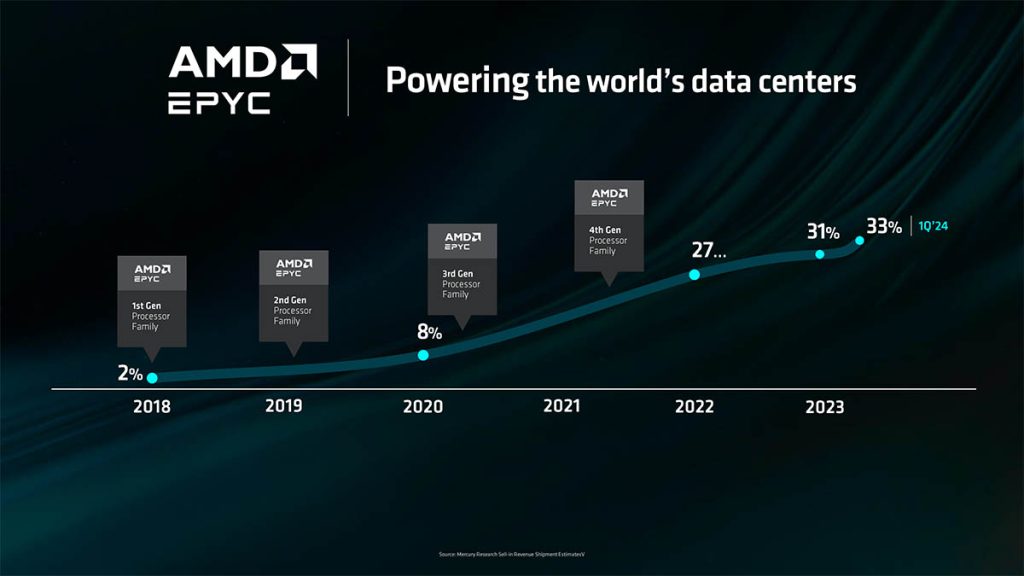
Norrod also elaborated on the process and design technologies AMD employs to maintain its competitive edge. AMD has mainstreamed chiplet design and is introducing products like the MI300A, which combines CPU and GPU functionalities. While Intel had similar plans with the Falcon Shores XPU, they ultimately canceled it. AMD offers various processors tailored for different sectors, with the latest “C” cores optimized for data centers and cloud services, providing an impressive core count.
Looking ahead, AMD considers TSMC a crucial partner, committed to utilizing TSMC’s cutting-edge process technologies in its latest products. The advancements won’t be limited to process technology but will also involve innovative design, assembly, and packaging techniques. These innovations will be pivotal in the forthcoming Ryzen 9000X3D chips, featuring the new 3D V-Cache.
AMD is set to launch its first Zen 5 products in July, including the Strix Point Ryzen AI 300 and Granite Ridge Ryzen 9000 processors. Additionally, the fifth-generation EPYC Turin will debut in the third quarter of 2024.
